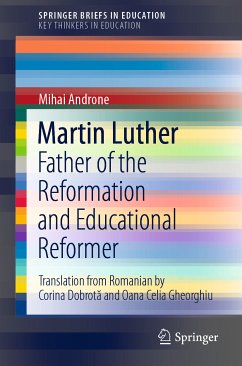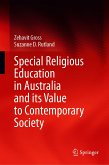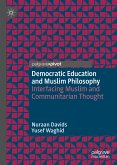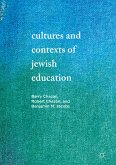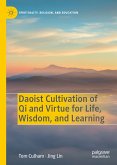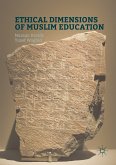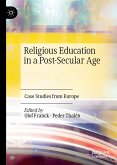Although Martin Luther was a religious reformer par excellence, and not an educational theorist, a number of pedagogically significant ideas and ideals can be identified in his extensive theological work, which may also qualify him as an education reformer. The Protestant Reformation changed the world, bringing to the fore the relation between faith and education, and made the latter a public responsibility by proving that the spiritual enlightenment of youth, regardless of gender and social origin, is indissolubly linked to instruction in general, and especially to a more thorough understanding of the classical languages, arts, history and mathematics.
Dieser Download kann aus rechtlichen Gründen nur mit Rechnungsadresse in A, B, BG, CY, CZ, D, DK, EW, E, FIN, F, GR, HR, H, IRL, I, LT, L, LR, M, NL, PL, P, R, S, SLO, SK ausgeliefert werden.

